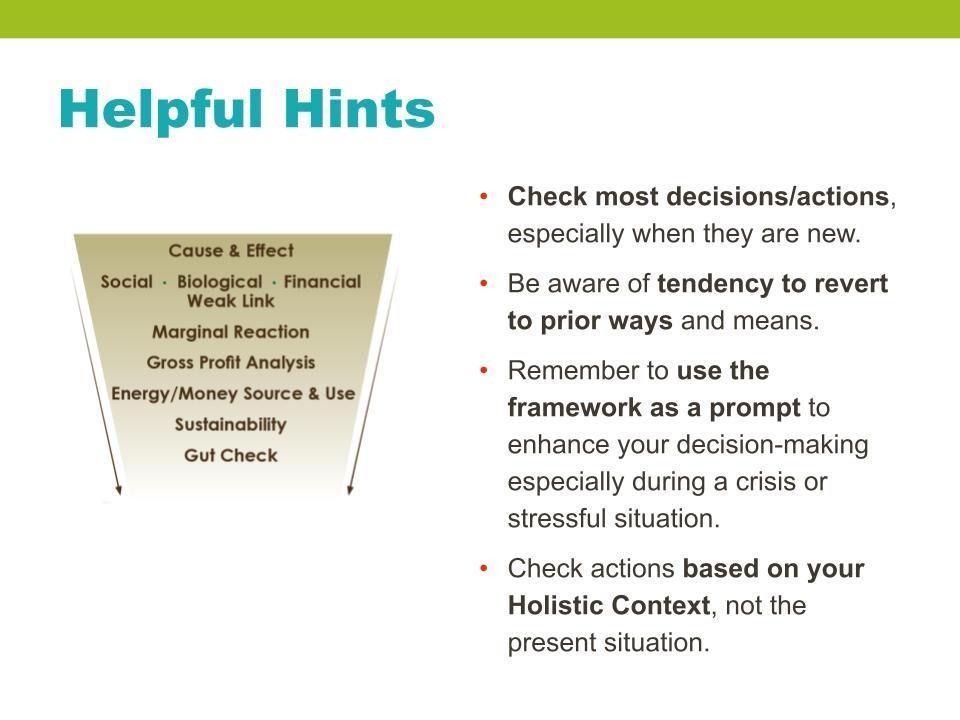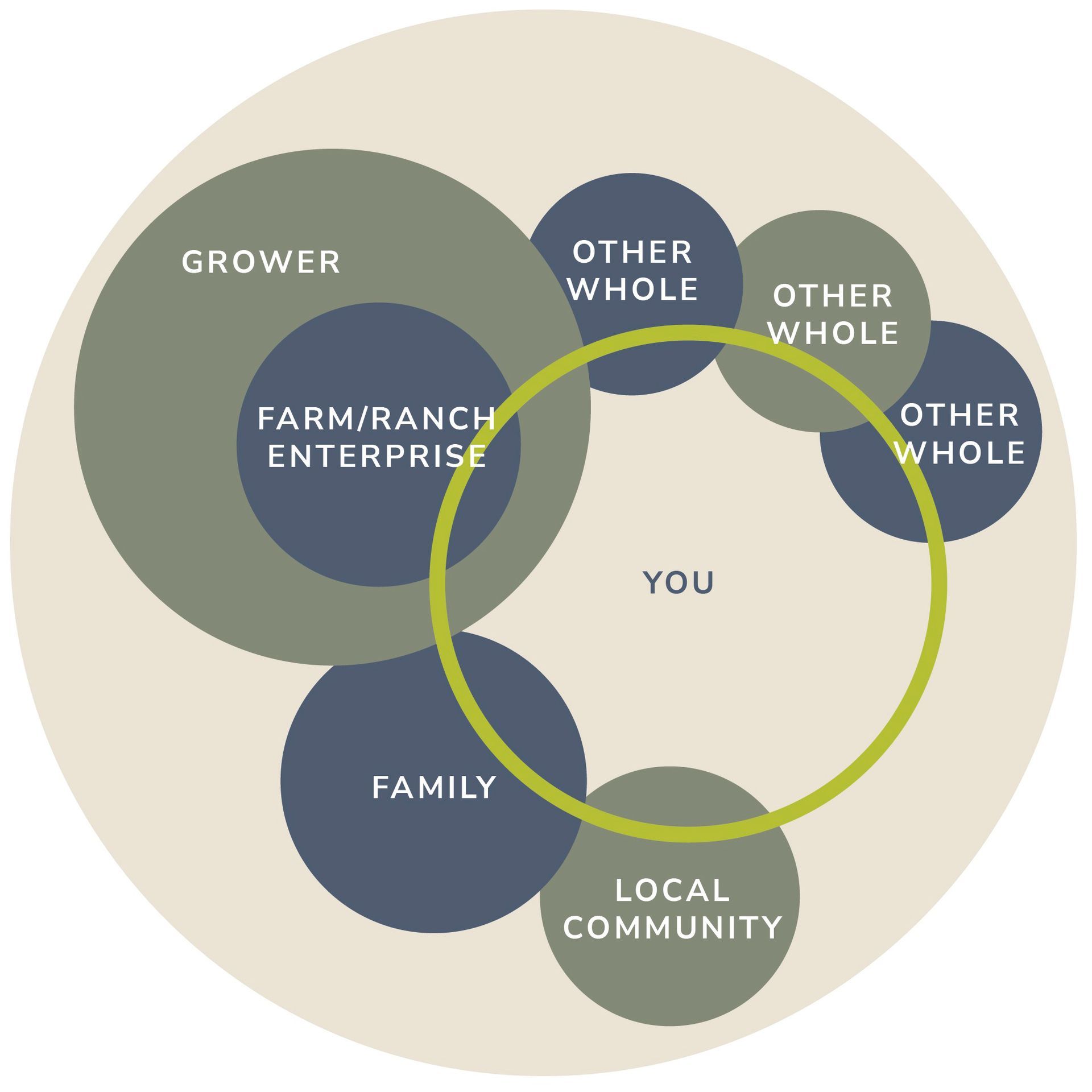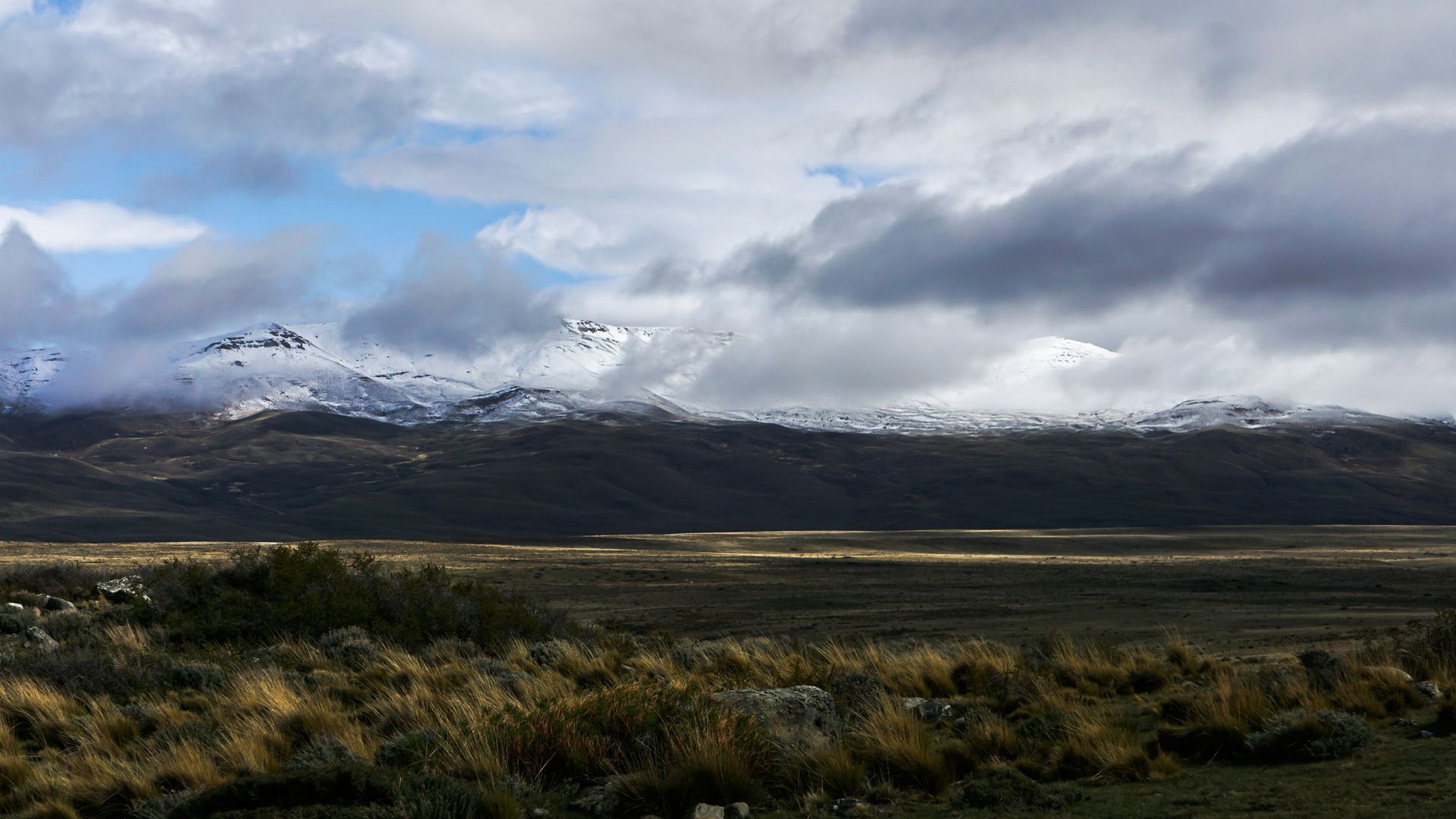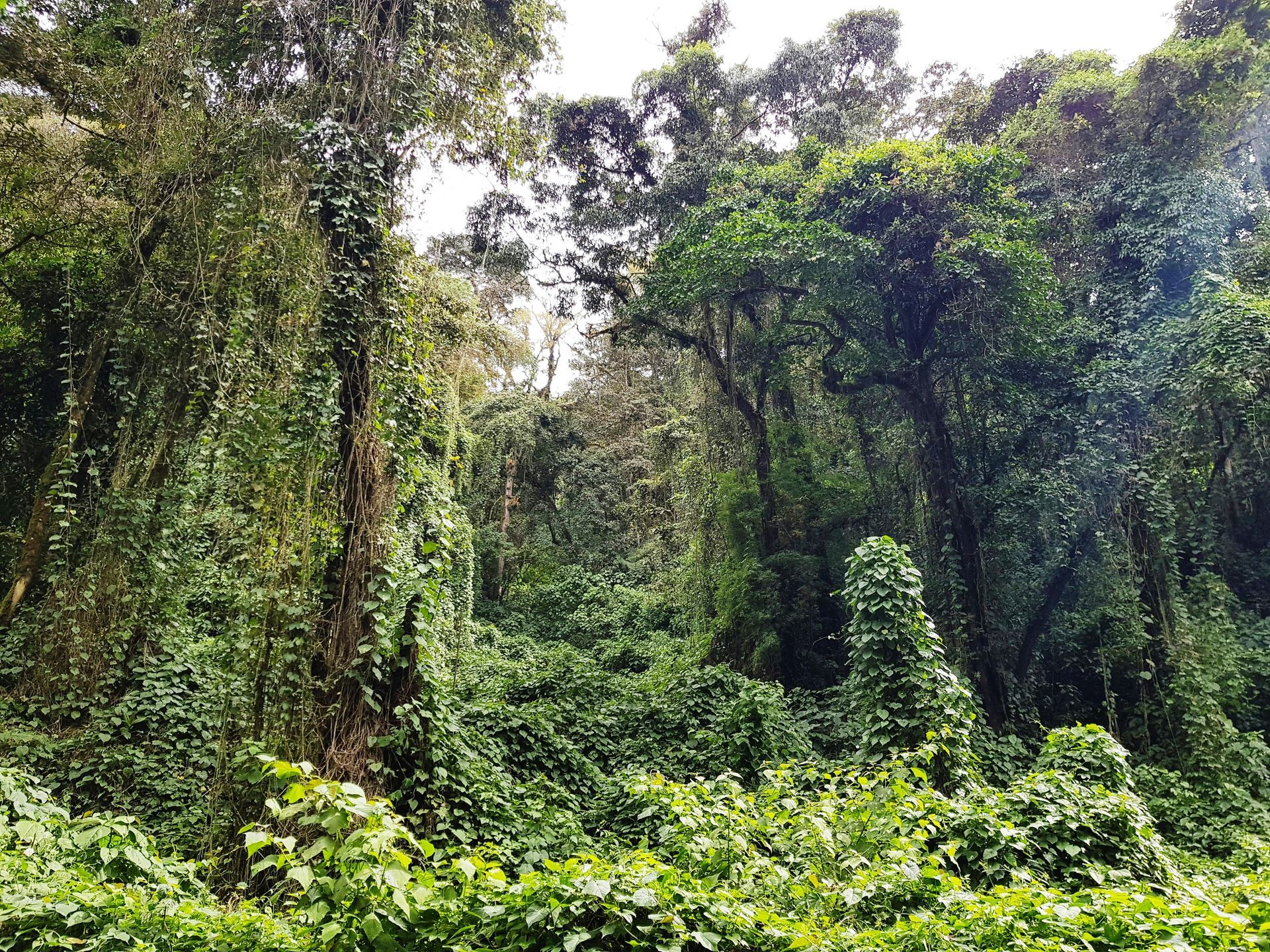Growing Minds, Growing Land
How Holistic Management changes the mind as well as the land

How 3LM adds a layer to Holistic Management training
One of the unique aspects of Holistic Management training with 3LM is their integration of frameworks of what I will describe as human emergence psychology, and I believe this makes the course incredibly powerful beyond the study of Holistic Management alone. I will do my best to explain why in light of my own limited experience.
Human emergence psychology is a rather grandiose term for explaining the idea that people can experience a natural process of consciousness and awareness expansion over the course of their lifetime. This is based on real, hard science. If you prefer, think of it as a change in awareness or perhaps a different way of thinking.
So how, what, and why is this a part of Holistic Management training?
In my humble and very early beginnings of learning Holistic Management, I’ve been introduced to a couple of variants of this idea of human emergence psychology (which, is another way of saying human development).
The two models that are brought into Holistic Management as taught by 3LM are Spiral Dynamics and Integral Theory. I'll do my best to summarise what these are, then attempt to discuss them from my perspective as a student and explain why even just knowing about them can accelerate learning.
The reason an exploration of human development is included in the curriculum is because of Allan Savory's insight that we undergo a paradigm shift when we learn to manage land and livestock holistically.
This new approach needs to involve a paradigm shift, a whole new way of thinking, because the old ways of thinking have helped create these global problems. Holistic Management is that paradigm shift.
-- Ebook 1, Savory Institute
Spiral Dynamics
Spiral Dynamics, based on Clare Graves' work and expanded by Don Beck and Christopher Cowan, maps the evolution of human values through developmental stages, or "vMEMEs." Earlier stages, like survival-driven or power-focused, are egocentric and narrow, while higher stages, such as systemic and holistic, are world-centric and integrative.
In Holistic Management, those at later stages (e.g., yellow or turquoise) excel at recognising the interconnectedness of environmental, social, and economic systems, promoting long-term, collaborative solutions. Learning about Spiral Dynamics brings self-awareness, accelerates personal growth, and encourages holistic thinking by showing how diverse perspectives fit together as part of a larger whole.
Integral Theory
Integral Theory was developed by American writer and philosopher Ken Wilber and expands on Spiral Dynamics. Integral Theory integrates Spiral Dynamics to explain the evolution of human consciousness and values.
While Spiral Dynamics focuses on values and cultural shifts, Integral Theory connects these stages to internal dimensions (beliefs and values) and external dimensions (behaviours and systems). For instance, "blue" stages prioritise order and structure, creating rigid systems, while "orange" stages emphasise innovation and competition. This holistic view shows how personal and societal growth intertwine.
Wilber expands Spiral Dynamics by highlighting both vertical growth (advancing stages) and horizontal growth (deepening within a stage). For example, someone in the "green" stage of pluralism may deepen collaboration. He also includes developmental lines like emotional vs. cognitive growth, showing how people can evolve unevenly across areas of life.
By integrating Spiral Dynamics, Integral Theory connects the "what" of human development with the "how," linking beliefs, actions, systems, and culture. This unified framework helps us understand individual and societal evolution, promoting more inclusive and holistic ways of thinking.
The Mind-Altering Power of Awareness: How Just Knowing Sparks Change
Hopefully, the overview above has given you a sense of these models of consciousness and transformation, but here’s the truly astonishing idea: simply being aware of them can start to bring about real change.
I realise this might sound like it's edging into the realm of mysticism, but bear with me—I’m speaking from both logic and experience. Human consciousness has a natural tendency to evolve towards greater complexity and inclusivity.
In my own journey, just encountering these ideas prompted me to reflect on my own stage of development and the lens through which I see the world. That reflection, in turn, sparked a genuine drive for growth, opening the door to fresh perspectives and deeper ways of thinking.
At first, I wasn’t entirely sure what was happening—until I heard Ken Wilber articulate this very phenomenon in The Religion of Tomorrow. The fact is, Christopher and Sheila Cooke have been working with these principles for years, and they understand exactly how and why they work.
If you’re even remotely curious, I strongly encourage you to explore Holistic Management or take a deep dive into Spiral Dynamics or Integral Theory. Sometimes, simply reading about these ideas can be transformative—you never know where that first spark of awareness might lead.
Head of Knowledge Exchange
New Foundation Farms

3LM is an activity of New Foundation Farms Ltd.
Company no. 11542589
VAT no. 427 4339 89
Contact
Address
Orchard House, Clyst St. Mary, Exeter, Devon, England, EX5 1BR
Telephone +44 113 467 5164
Email info@3LM.network










